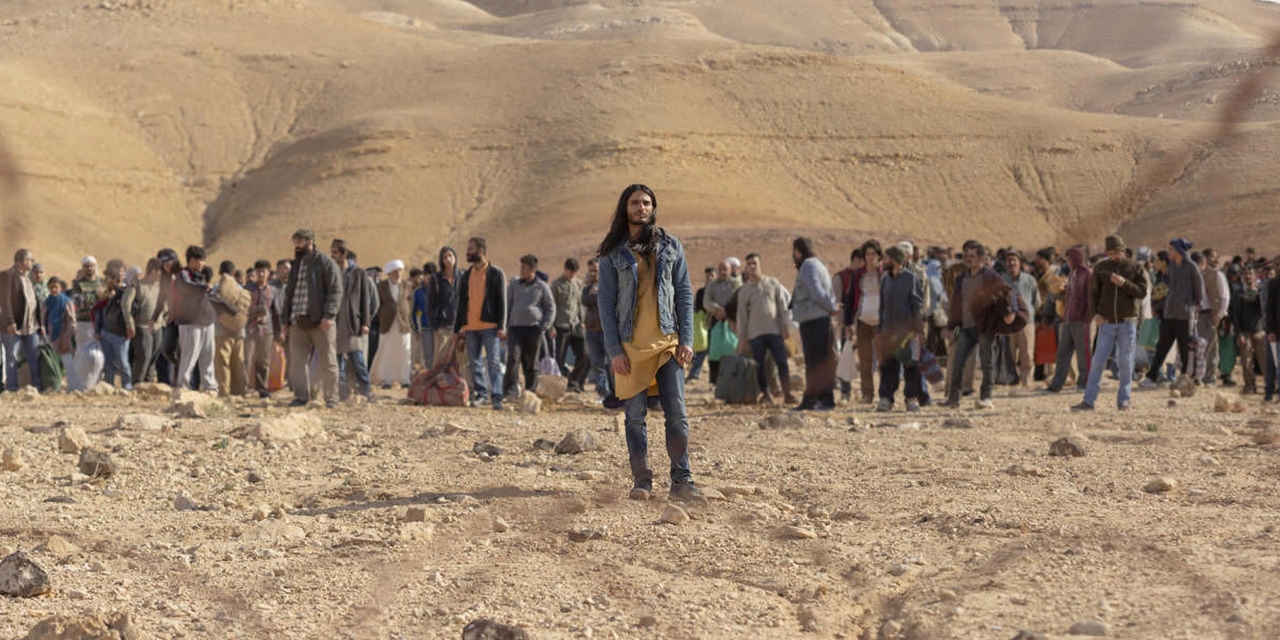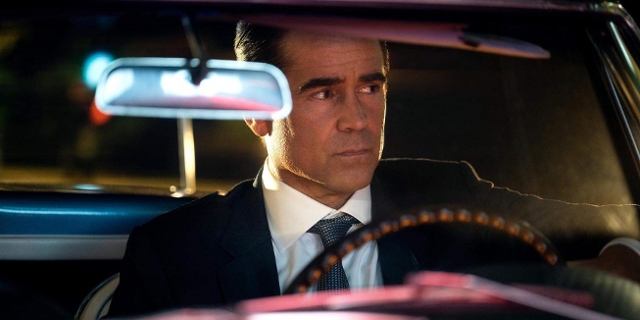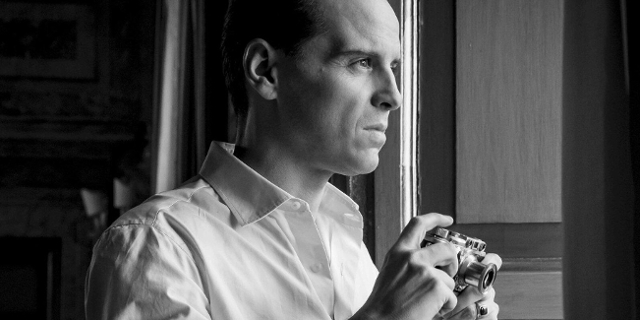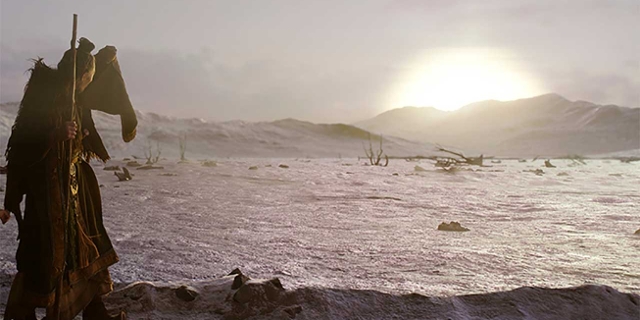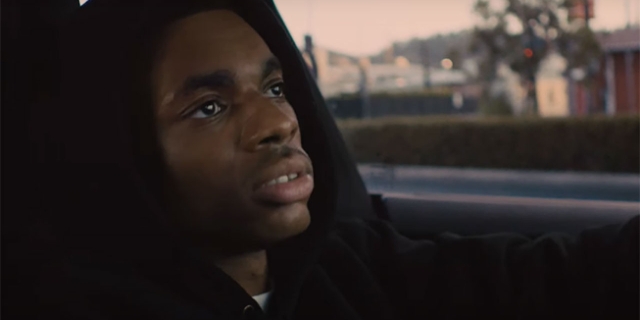Messiah - The Gospel according to Social Media
What would happen if a messiah figure in the age of 24-hour news, CCTV and rampant social media appears? How would we react if a charismatic preacher started performing miracles in today’s world? That’s the question provocatively posed by the new marquee series Messiah, a ten-part story that has been available to stream on Netflix since the 1st of January.
It’s the immediate future, presumably 2020. A slim young man played by Mehdi Dehbi is preaching in Damascus Syria. He has the flowing black hair of a shampoo advert, and a perfectly trim beard which emphasises his GQ model cheekbones. It seems Damascus is threatened by a resurgent ISIS, who are camped above the city firing missiles at the beleaguered population.
But as the man preaches, a huge sandstorm sweeps down and literally buries the militants. Is it a miracle? People believe it is, they hail the man as Al-Masih – the Messiah and march off with him into the desert.
Security forces have never been too relaxed about messiahs – read your Bibles, folks. This time, rather than the Romans, it is the Israelis and the CIA who want to find out who this Al-Masih is? Is he planning to create an army? Is he the next al-Baghdadi, about to form the next crew of brain-washed zealots to succeed ISIS. Or is he an attention-seeking Pied Piper figure, leading gullible and vulnerable people to disaster and death?
A Controversial Release
It’s a TV show that deals with Middle-Eastern politics, religion, social media, media manipulation and the human need to latch on to faith or a saviour figure. That’s an ambitious mission for any piece entertainment and unsurprisingly the series attracted plenty of controversy before it had even been seen. It was filmed party in Jordan but that Kingdom has asked for it not to be streamed in its territory because of religious sensitivities.
After its New Year’s Day release, the show was accused of being blasphemous and culturally insensitive. But perhaps the most damaging criticism of all is that creator Michael Petroni’s take on faith and manipulation in the age of the internet is not as high-brow nor at thought provoking as he thinks it is.
And (dare I say it?) it’s a bit of a slog.That’s largely because the key confrontation that should drive the narrative proves to be a damp squib.
Christ, Anti-Christ or Imposter?
On the one side we have the mystical Al-Masih and the hard-bitten CIA operative who is meant to be pursuing him. But neither of them is even remotely relatable, which leaves a cold void at the centre of the drama.
We can’t blame Mehdi Dehbi for that. The role of Al-Masih demands quietly-spoken mystique and unknowability; he has to keep the protagonists and audience at arms-length as they and we ask “Who is this guy?”
I have to say, I instinctively found him creepy but that’s more of a reflection of my deeply-engrained suspicions of guru figures with knowing looks. I’d be a nightmare in a yoga class. Yet please look beyond my prejudices, a good TV show allows for a variety of responses.
Carrie Mathison with the Emotions Sucked Out
No, the big disappointment in Messiah is CIA agent Eva Gellar, who is played by a stern-faced Michelle Monaghan, who fails to provide a realist’s counterbalance to Al-Masih’s aphoristic charm. She’s workaholic, ball-breaking spook, so it seems the script-writers were influenced by the success of the character Claire Dane plays, Carrie Mathison, in the CIA drama Homeland.
But Danes’s Mathison was endearingly human; boozy, pill-popping, love-sick idealist who was ready at a moment to flip between genius and emotional breakdown. Monaghan’s Gellar, on the other hand, is so self-contained she exudes the warmth of a January dawn. She is ill, apparently seriously, but apart from some icily forlorn stares in the mirror of the single’s apartment, she is entirely unapproachable. She suffers in silence. She doesn’t let us in.
Old Middle-Eastern Clichés
Then there’s the politics which slip into stereotypical parody. The hard-drinking Israeli security agent Aviram, played with genuine charisma by Tomer Sisley, is haunted by brutality of which he is both a perpetrator and victim: a man driven by hate.
A young Palestinian refugee is recruited as a suicide-bomber. Our stay in the stony deserts of the Middle East is short, but already the population has been neatly reduced to the clichés of oppressors vs terrorists.
Loony or Russian Stooge?
The miracles continue: an incredible escape from Israeli detention, a bullet removed from a young boy. As we hurtle towards a conclusion the action moves across the Atlantic to the USA where we meet lonely tornado-belt pastors doing a fine line in paternal hypocrisy and insurance crime.
We are offered what are perhaps strands of truth or perhaps red-herrings. There are references to Al-Misah’s troubled psychological past, a training in conjuring tricks, even a possible link to those global meddlers in the Russian secret service.
On the official trailer the Netflix producers asked us directly: “Who do you think he is”. The problem was that just seven episodes into the humourless self-reverence of the show, I no longer cared. All I could think of was Monty Python’s Life of Brian and Brian’s mum played by Terry Jones: “He’s not the Messiah he’s a very naughty boy!”. Well, at least we laughed then.
Publiziert am 09.01.2020







